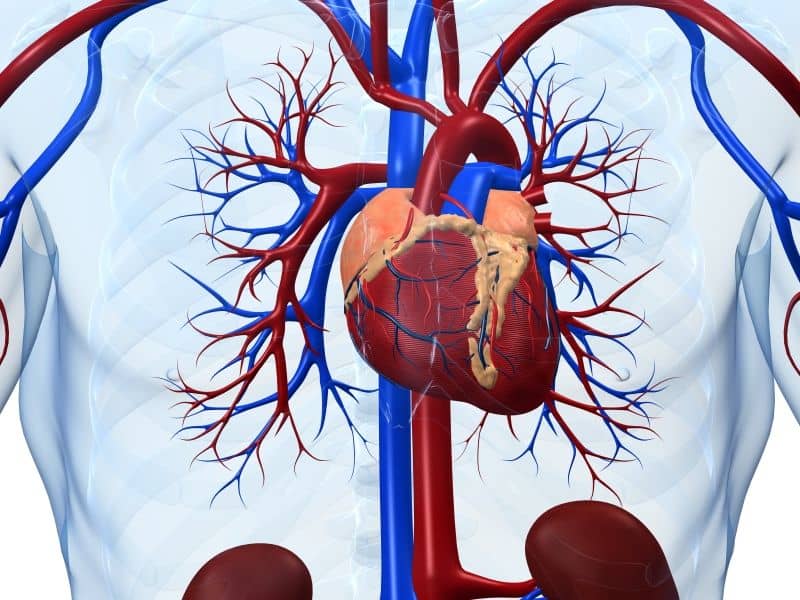
WASHINGTON — The FDA approved the first non-surgical heart valve to treat patients with severe pulmonary valve regurgitation resulting from congenital heart disease (CHD).
The Harmony Transcatheter Pulmonary Valve (TPV) System, which was approved through for both pediatric and adult patients with a native or surgically repaired right ventricular outflow tract (RVOT), is designed to improve blood flow to the lungs without resorting to open-heart surgery. Once deployed, “it opens and closes like a door to force the blood to flow in the correct direction,” the FDA explained.
“The Harmony TPV provides a new treatment option for adult and pediatric patients with certain types of congenital heart disease. It offers a less-invasive treatment alternative to open-heart surgery to patients with a leaky native or surgically-repaired RVOT and may help patients improve their quality of life and return to their normal activities more quickly, thus fulfilling an unmet clinical need of many patients with congenital heart disease,” Bram Zuckerman, MD, director of the Office of Cardiovascular Devices in the FDA’s Center for Devices and Radiological Health, said in a statement.
The approval was based on results from a prospective, non-randomized, multi-center clinical study.
“During the study, physicians implanted the device in a total of 70 patients,” the agency wrote. “All patients were scheduled for follow-up examinations at the start of the study, at implant procedure, discharge, and post implant at one month, six months, and annually through five years. The follow-up has been extended to 10 years as part of the post-approval study. The primary safety endpoint was no procedure- or device-related death within 30 days following the implant, which 100% of patients attained. The primary effectiveness endpoint was percentage of patients with no additional surgical or interventional procedures related to the device and acceptable heart blood flow function at six months. Among patients with evaluable echocardiography data, 89.2% of them achieved the primary effectiveness endpoint.”
The most common side effects among trial participants who received the Harmony system included irregular or abnormal heart rhythms (23.9%, including 14.1% ventricular tachycardia), leakage around the valve (8.5%, including 1.4% major leakage), minor bleeding (7.0%), narrowing of the pulmonary valve (4.2%), and movement of the implant (4.2%). The FDA also warned that the device is contraindicated for patients with an infection in the heart or elsewhere; patients who cannot tolerate blood thinning medicines; or patients who have sensitivity to nitinol, an alloy of titanium and nickel.
The Harmony TPV System is manufactured by Medtronic, Inc.
John McKenna, Associate Editor, BreakingMED™
Cat ID: 914
Topic ID: 74,914,730,914,192,725,925


